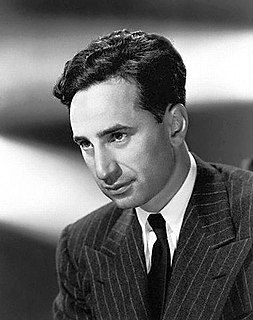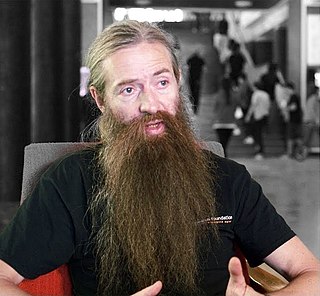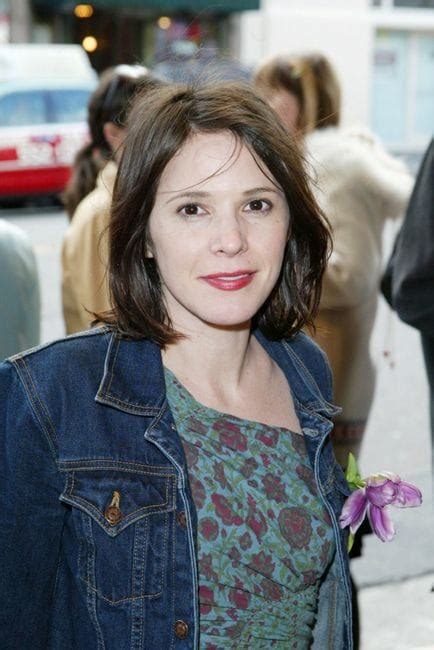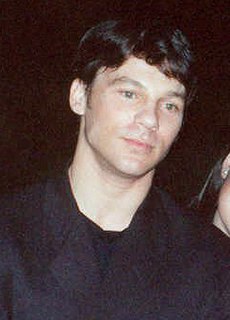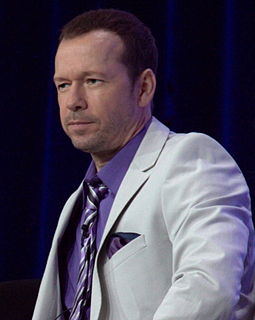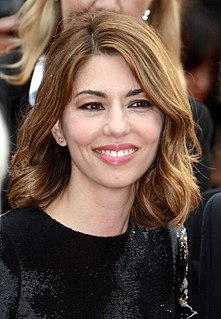A Quote by Elia Kazan
I didn't have the problem of finding myself at 45 on the wrong course - I always wanted to be a film director.
Related Quotes
I wanted to be a cartoonist, and then I wanted to go into film - not as an actor, but as a writer-director - and then I found myself during film school at the University of Southern California listening to the Clarence Thomas hearings in class on my Walkman, and I realized L.A. was not really for me.
Me and Kirby are very collaborative and it changes from film to film. The first project we worked on together, Derrida, we co-directed. The last film Outrage, I was the producer and he was the director. This film was much more of a collaboration - he is the director and I am the producer - but this is a film by both of us.
Tobin Bell wasn't obligated to do the second Saw film but he wanted to. I think they brought me into this film because there's a first time director, and my reputation is one of an actor who's there for the betterment of the project. I'm not there to better myself. I'm there to bring all my resources to the project to make it as good as it can be. In the end, that makes everyone look good.
I really didn't know what I wanted to do. I went to art school and tried a bunch of different things, but I knew I wanted to do something in the visual arts. And I'd always been around my dad's film sets, so the interest was there. But I didn't have the guts to say, "I want to be a director," especially coming from that family.
